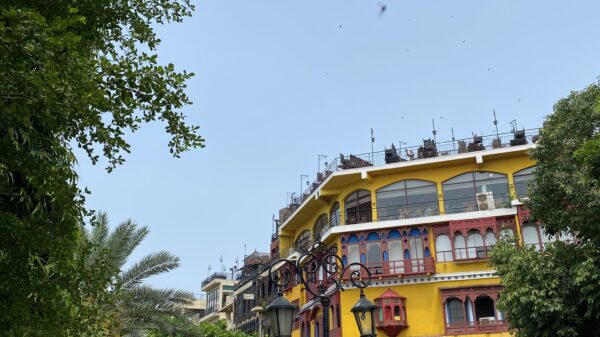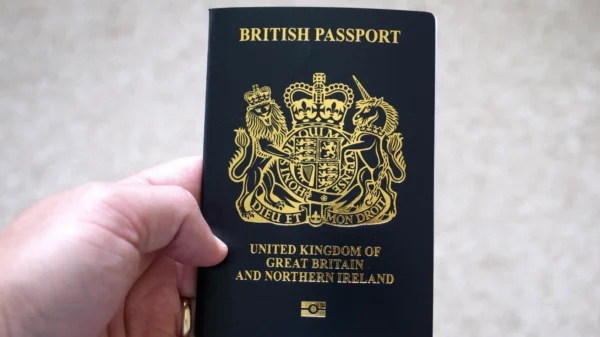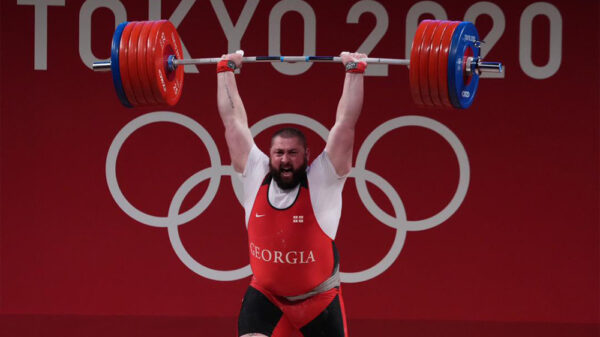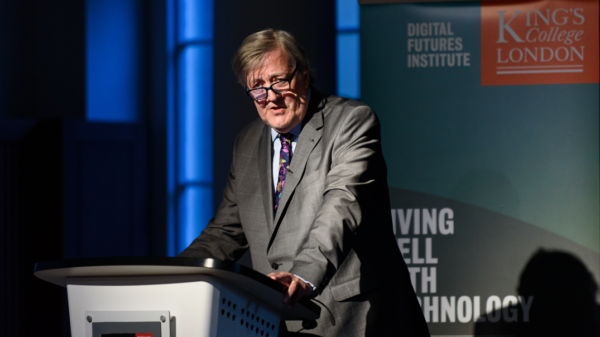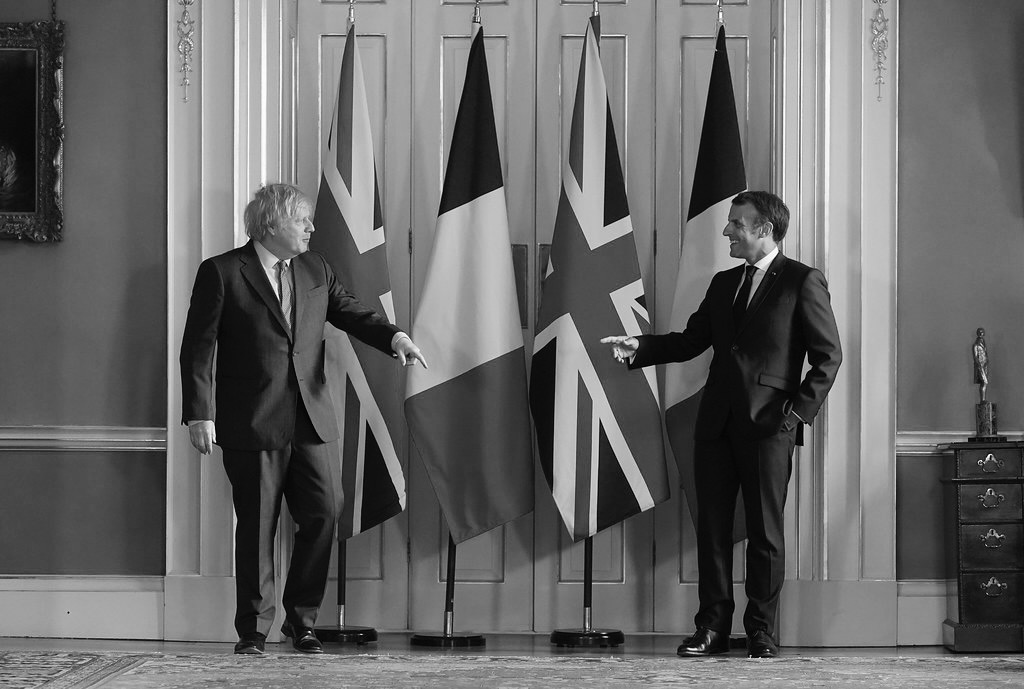Staff Writer Douglas Gibb examines the deprivation of Shamima Begum’s British citizenship and the greater implications it holds for dual nationals.
On 17 February 2015, three schoolgirls from Bethnal Green – Amira Abase (15), Shamima Begum (15) and Kadiza Sultana (16) – flew from Gatwick to Istanbul. From there, they entered Syria intending to join the terrorist group ISIS.
Sultana is presumed dead following a Russian airstrike on Raqqa in May 2016. Abase’s whereabouts are unknown. On 13 February 2019, the war reporter Anthony Loyd found Begum living in the al-Hawl refugee camp, now 19 years old and nine months pregnant. On 17 February of that year, it was reported that she had given birth to a boy.
On 19 February, the then-Home Secretary, Sajid Javid, deprived Begum of her British citizenship. He did so without consulting her parents or the Bangladeshi government on the question of her citizenship. On 7 March it was reported that Begum’s new born son died of pneumonia, having spent the entirety of his life in the refugee camp. Since late February 2019, Begum has been living in Al-Roj detention camp, having moved from al-Hawl for reasons of safety.
The camp is controlled by the Syrian Democratic Forces, the Kurdish-led militia of Rojava, a de facto autonomous region of north-eastern Syria (see paragraph 11 of the judgement). On 7 August 2024, after a lengthy appeals process, Begum exhausted her opportunities to challenge the deprivation in UK courts. Her only remaining option is the European Court of Human Rights.
What are the legal issues?
The legal questions involved in this case are complex. When Javid wrote to Begum on 19 February 2019, he said “You [Begum] are a British/Bangladeshi dual national… I am satisfied that such an order [to deprive her of citizenship] will not leave you stateless.”
The Special Immigration Appeals Commission (SIAC) “found (in its decision on the first preliminary issue) that she also holds Bangladeshi citizenship by descent through her parents by section 5 of the Bangladesh Citizenship Act 1951.” (See paragraph 8.)
The plain meaning of Bangladesh’s domestic nationality law indeed leads to the conclusion that Begum was, at birth and at least until the age of 21, a Bangladeshi citizen by descent. A detailed explanation of SIAC’s argument can be found here, authored by Bangladeshi legal scholar Farhaan Uddin.
However, a counter-argument advanced in the comments by Marek Linha, a Norwegian immigration lawyer, suggests that Uddin’s reasoning was flawed, and by extension so was SIAC’s. Britain is party to the 1954 Convention Relating to the Status of Stateless Persons, which states
“For the purpose of this Convention, the term “stateless person” means a person who is not considered as a national by any State under the operation of its law.”
Article 1.1 of the 1954 Convention Relating to the Status of Stateless Persons
The UN Handbook on the Protection of Stateless Persons clarifies this further stating:
“Establishing whether an individual is not considered as a national under the operation of its law requires a careful analysis of how a State applies its nationality laws in an individual’s case in practice… This is a mixed question of fact and law… A State may not in practice follow the letter of the law, even going so far as to ignore its substance. The reference to “law” in the definition of statelessness in Article 1(1) therefore covers situations where the written law is substantially modified when it comes to its implementation in practice.”
Paragraphs 22-24 of the UN Handbook on the Protection of Stateless Persons.
In light of the need for broad interpretation, and the fact that the Bangladeshi Foreign Ministry stated the belief that Begum was a citizen was “erroneous“, it is quite plausible that the deprivation decision was inconsistent with our commitments under the 1954 Convention.
Moreover the Sunday Telegraph reported in April 2019 that it was understood that Javid had not sought advice from the attorney or solicitor general before he made his decision. This has led to suspicions among some that the former Home Secretary made the decision he did out of greater concern for his leadership ambitions than for the law or national security. These suspicions were prominently held by the former Director of Public Prosecutions and crossbench peer Ken Macdonald, who said:
“This was an abject decision by a home secretary apparently so intent on furthering his leadership ambitions that he has lost sight of sovereignty, treating the UK as a banana republic incapable of regulating its own citizens…
No dignified self-governing state should abandon responsibility for its own citizens in this way, trying to dump them on to poorer countries with failed security arrangements. Mr Javid’s behaviour is a recipe for refugee chaos and moral cowardice of the worst sort.”
Ken Macdonald, former Director of Public Prosecutions.
What are the security and diplomatic issues?
Alongside legal matters, there is the significant matter of national security. Before the trio left in February 2015, there was another girl from the same school who went to join ISIS, Sharmeena Begum (unrelated). After Shamima had expressed her wish to return to Britain, the BBC tracked down Sharmeena. It reported that Shermeena said that Shamima was “Just another individual, living off the benefits”, adding that she did not contribute. The BBC records Sharmeena denying Shamima had any involvement with Hisba, the religious police, or with making suicide belts. Sharmeena said that Shamima’s adult husband forbade her from leaving their house in Syria.
To what extent can we trust Sharmeena, someone still actively supporting and fundraising for ISIS? That is certainly an important question and everything Sharmeena claims must be treated with considerable scepticism. In truth, the severity of Shamima’s crimes is difficult to determine.
What we do know with a greater degree of confidence is that some of the Syrian refugee camps have ISIS recruiters in them, meaning there is a real risk of further radicalisation or re-radicalisation. Siamand Ali, a Kurdish commander in Rojava, has described the refugee camps in Syria as a “ticking time bomb” for this reason. It is unwise to burden the Kurds with dozens of British-born (ex-)jihadists as something that could worsen our relationship with them, a mistake given their role in the Syrian Civil War and in defeating ISIS.
Another question we must ask ourselves is what happens if a future government reinstates Shamima Begum’s citizenship but in the intervening period she has become even more dangerous? Nor is her potential return to Britain the only security or diplomatic concern. It is possible that she escapes the Kurdish camps, as Sharmeena did, and somehow manages to cross the Mediterranean. What happens if she ends up in France or Germany and starts radicalising teenagers there? Does anyone honestly think the French or German governments would blame Bangladesh before Britain?
If Begum’s citizenship is reinstated, we avoid these diplomatic risks and we get a chance to prosecute her, using evidence from the Metropolitan Police, MI5, MI6 and the intelligence services of our allies. Even if she is not imprisoned, various government agencies have the power to monitor her telecommunications activity and could impose a curfew, along with a location tag to ensure it is complied with.
What precedent does this create?
The final and most salient point I wish to make is regarding the ethical implications of Begum’s case. The decision Javid made in 2019 and the Supreme Court upheld relied on the fact that Begum was believed to be a dual national. In other words, had a British citizen with only British ancestry done the same, they would have retained their citizenship.
This inconsistency creates two classes of citizenship: Britons with foreign-born parents or grandparents and Britons without. The consequence of this is that many dual nationals who have a minimal connection to the second country could be deprived of their citizenship. So although I, for example, have lived in Britain for all of my life, because I am Irish by my maternal grandmother, I could be deprived of my British citizenship by the Home Secretary.
It is difficult to see how one can justify this without arguing that people in a similar position to myself are in some sense less British and therefore their citizenship is not secure. Such is the injustice of this decision that Owen Jones, Paul Embery, James O’Brien, Jacob Rees-Mogg and Peter Hitchens are united in their opposition to it.
In summary, the legal decision could be mistaken, the deprivation threatens Britain’s international standing by alienating the Kurds and other regional allies, and it establishes a dangerous precedent of discrimination between single and dual nationals. For these reasons, Shamima Begum’s citizenship must be reinstated.


